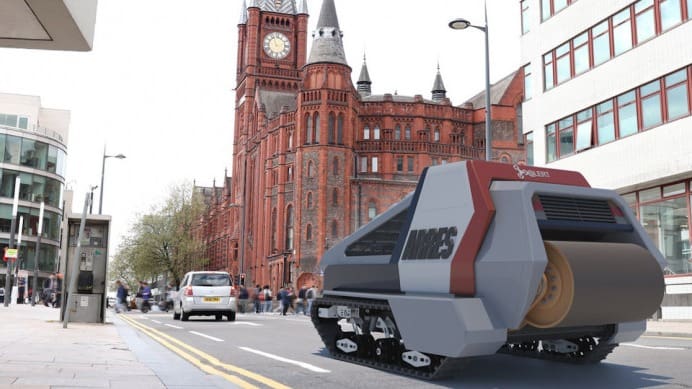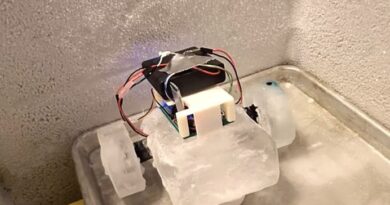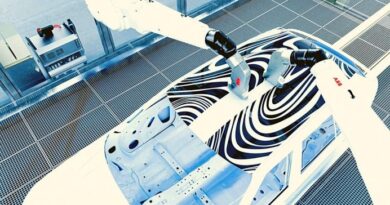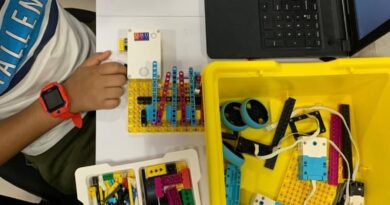AI Robots to Repair Potholes for Fraction of the Cost of Humans
Robotiz3d, a University of Liverpool-funded company, will use AI to tackle the age-old road problem.
The University of Liverpool in the United Kingdom has funded a company called Robotiz3D in a bid to transform road maintenance using artificial intelligence (AI).
Established in partnership with A2e Ltd, the company is set to commercialize patented research from the University’s Engineering Robotics Lab focused on using AI and robotics to improve the detection and repairing of potholes and road cracks.
Today, potholes and road cracks, a huge problem in the UK and indeed worldwide are typically detected and repaired by human manual labor. As per a University of Liverpool press release, in fact, this labor has been estimated to cost more than £1billion ($1.3 billion approx) over the last decade.
“Robotiz3d Ltd will develop an Artificial Intelligence (AI)-driven robotic system to address the national and international potholes problems,” Dr. Paolo Paoletti, Robotiz3d CTO, explains.
“The proposed system will be able to autonomously detect and characterize road defects such as cracks and potholes, assess and predict the severity of such defects and fix cracks so that they do not evolve into potholes,” he continued.
The new robot concept developed by Robotiz3d, called ARRES (Autonomous Road Repair System), uses technology that has been trialed by researchers at the University of Liverpool’s School of Engineering over the past four years.
Ultimately, the company’s technology is aimed at tackling the pothole crisis in a way that is less costly to the economy and the environment, as well as being faster and safer than current methods employed by human workers.
As Dr. Sebastiano Fichers, Technical Director for Robotiz3d, puts it, “the new technology we are developing will make road maintenance tasks faster, cheaper, and cleaner and ultimately make roads safer and more accessible.”
All of this is in line with the World Economic Forum’s recent forecast that machines will do half of all work tasks by 2025, a development that may improve our quality of life at the same time as worsening inequality worldwide.
Source:https://interestingengineering.com




